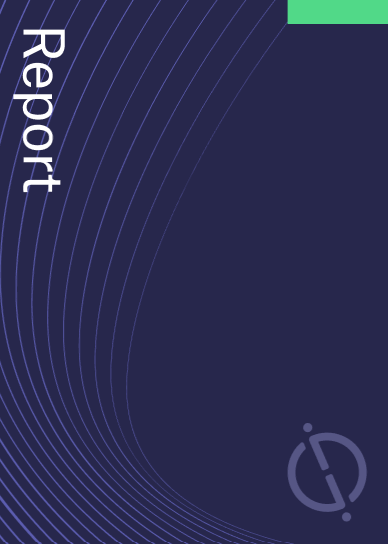Progressive has been granted a patent for a system and method that allows local access to remote resources. The system involves requesting content from an original address, receiving a redirect URL and content, validating an access token, and transferring the user to a different environment. GlobalData’s report on Progressive gives a 360-degree view of the company including its patenting strategy. Buy the report here.

Access deeper industry intelligence
Experience unmatched clarity with a single platform that combines unique data, AI, and human expertise.
According to GlobalData’s company profile on Progressive, Excavator Quick Couplers was a key innovation area identified from patents. Progressive's grant share as of September 2023 was 52%. Grant share is based on the ratio of number of grants to total number of patents.
Local access to remote resources and data
A recently granted patent (Publication Number: US11722478B1) describes a system that enables local access to remote services and data. The system includes a parallel circuit for data transfer between multiple components, a volatile memory, and a processor that sequentially reads from and writes to the volatile memory. The system also includes a computer-readable medium storing a program that allows users to access remote resources locally.
When a user requests content from an original address, the system receives the requested content and a first redirect uniform resource locator (URL) that reroutes the user's navigation to a redirect destination address. This redirect destination address serves an access token, which unlocks access to an application programming interface (API) when validated. The system then receives a second requested content and a second redirect URL, which transfers the user to an environment rendered at an address different from both the original address and the redirect destination address.
The first redirect URL includes fields for the original address of a server and a destination address. It may also include a field that establishes the permanence of the redirection and a cache header. Similarly, the second redirect URL includes a field for permanence of the redirection and a cache header.
The access token contains data such as a client identifier, a grant type designation based on the user's credentials, and a stateful identifier. The second requested content is generated by a machine learning engine, which can operate in either a parallel or serial configuration. In the serial configuration, the output of one machine learning engine is transmitted to the input of another. The residual of the machine learning engine is also compared to determine its effectiveness.
The computer-readable medium storing the program also includes code that renders the first requested content based on local data collected by identifying and downloading linked content from remote sources. The downloaded content is converted into local content elements by intercepting links and mapping them to redirected links in a local cache or server proxy. This allows for access to the local cache or server proxy in response to user requests.
The access token may include a tracking code used to identify a user's devices and determine which device should receive the second requested content and redirect URL. The first requested content can be a statutory disclosure, while the second requested content can be an insurance quote. The first requested content can be generated from data sourced from a data fill engine and a loss underwriting exchange system.
Overall, this patented system provides a means for users to access remote resources locally, utilizing redirect URLs, access tokens, and machine learning engines to enhance the user experience.
To know more about GlobalData’s detailed insights on Progressive, buy the report here.
Data Insights
From

The gold standard of business intelligence.
Blending expert knowledge with cutting-edge technology, GlobalData’s unrivalled proprietary data will enable you to decode what’s happening in your market. You can make better informed decisions and gain a future-proof advantage over your competitors.







